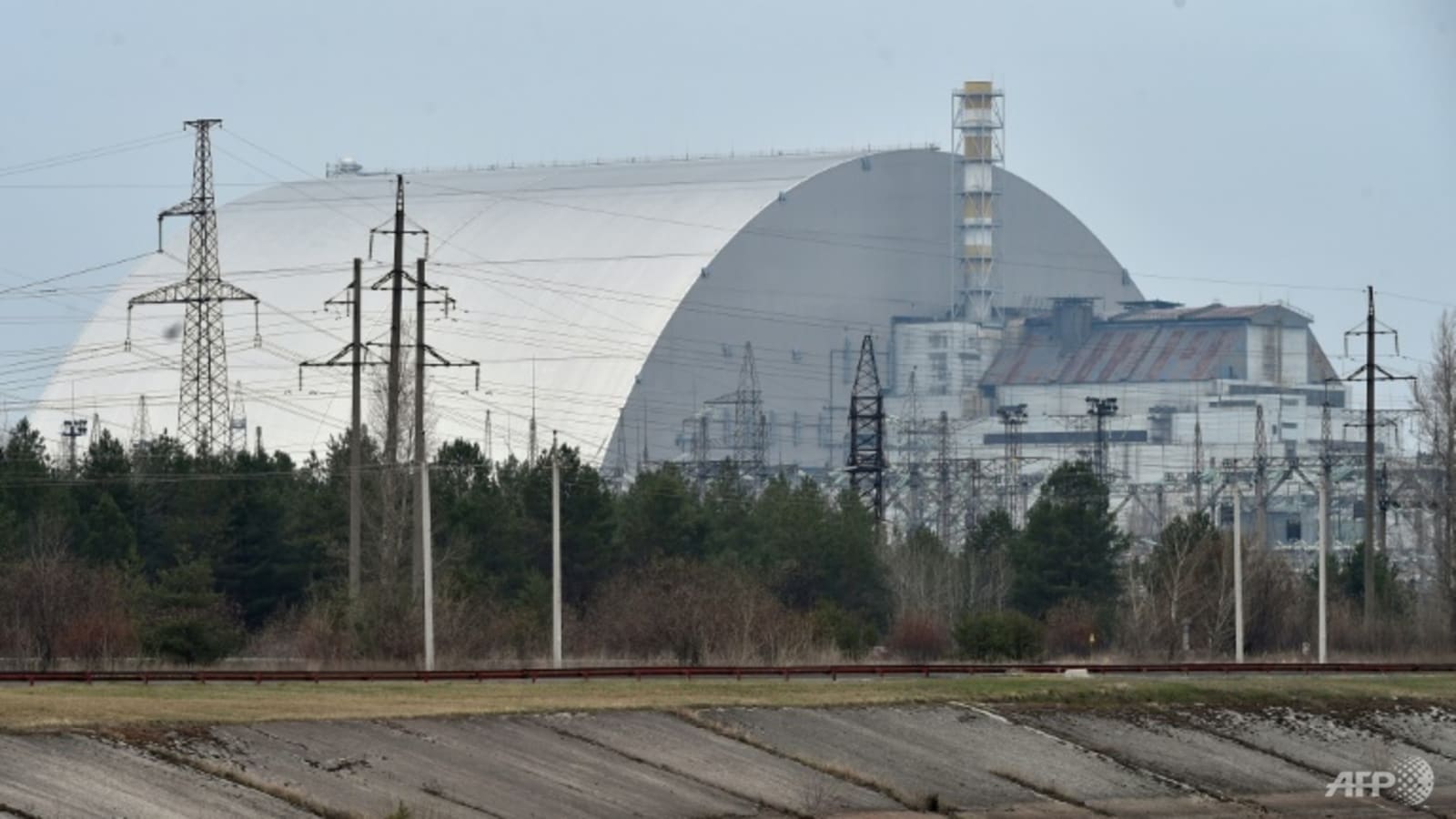
VIENNA: The head of the UN atomic watchdog, Rafael Grossi, is in Ukraine to discuss “the safety and security” of nuclear sites there, the agency said on Tuesday (Mar 29).
This is Grossi’s first visit to Ukraine since Russia seized several nuclear facilities, including Chernobyl, as part of its war in Ukraine.
Grossi is holding talks with senior government officials and will travel to one of Ukraine’s nuclear power plants, the International Atomic Energy Agency (IAEA) said in a statement. It did not specify which plant.
“Just crossed the border into Ukraine to start IAEA’s mission,” Grossi tweeted. “We must act now to help prevent the danger of a nuclear accident.”
Since the start of the Russian invasion on Feb 24, the IAEA director-general has repeatedly warned of the dangers of the conflict. The war is the first to occur in a country with a vast nuclear estate comprising 15 reactors in addition to Chernobyl, the site in 1986 of the world’s worst nuclear disaster.
During the visit, Grossi will discuss IAEA plans to ship “vital safety and security supplies” to Ukraine, including monitoring and emergency equipment, and dispatch experts to several of its nuclear sites, the IAEA said.
“The military conflict is putting Ukraine’s nuclear power plants and other facilities with radioactive material in unprecedented danger,” Grossi said in the statement.
“Ukraine has requested our assistance for safety and security. We will now start delivering it,” he said.
Russian forces took control of the site of the defunct Chernobyl plant – where radioactive waste is still stored – on Feb 24.
On Mar 4, they also captured the Zaporizhzhia nuclear plant, Europe’s largest, sparking alarm when shelling caused a fire at a training facility at the complex.
Grossi met Ukrainian and Russian foreign ministers in Turkey earlier this month to discuss nuclear safety but no agreement has been reached as yet.
About 100 Ukrainian technicians continued to run daily operations at Chernobyl.
After Russian forces seized the radioactive site, staff were forced to work for nearly four weeks without rotation.
“There have already been several close calls. We can’t afford to lose any more time,” Grossi said.
Ukraine has four active nuclear power plants, providing about half the country’s electricity, as well as stores of nuclear waste such as the one at Chernobyl.

